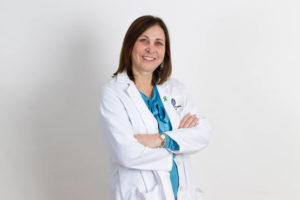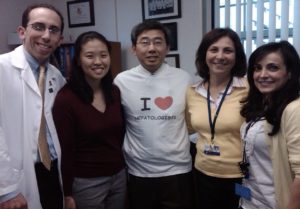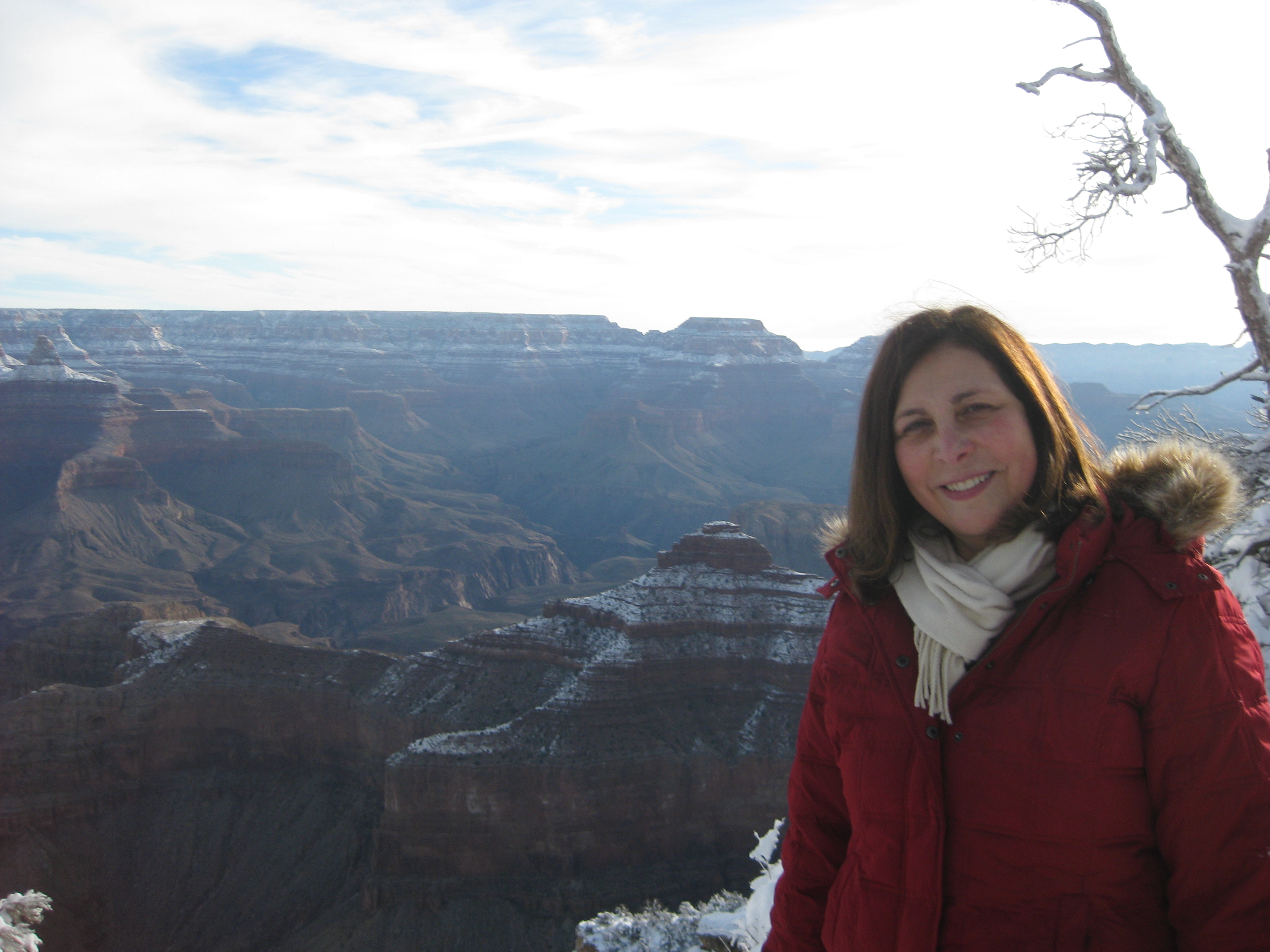Learn more about what inspired Maureen Jonas, MD, medical director of the Liver Transplant Program, to go into medicine, what her favorite aspects of treating children are and more.
 Early in school, I really liked math and science. In high school and college, I developed a love for biology, and medicine seemed like a natural way to turn that interest into a career.
Early in school, I really liked math and science. In high school and college, I developed a love for biology, and medicine seemed like a natural way to turn that interest into a career.
Out of all the available medical fields, how did you settle on hepatology?
When I started medical school, I was going to be an adult endocrinologist. It was a precise field where if certain hormones went up, it meant one thing; if others went down, it meant another. I loved how everything could be closely monitored and studied. It really appealed to my earlier interest in science. But as a second-year medical student, I studied under a pediatric endocrinologist, and he was the most enthusiastic doctor I’d ever met. He loved his patients, he loved his work…it was all very inspiring. So when he recommended I do my residency at Boston Children’s, I jumped at the chance.
While here in Boston, I met many other great teachers and doctors who got me interested in gastroenterology, which eventually led to an interest in hepatology thanks to some fascinating teachers I had at the University of Miami, where I was on the faculty for eight years. My entire medical career has been inspired and influenced by those who love treating people and are able to share that enthusiasm.
What do you like best about practicing at Boston Children’s?
That’s a tough one, because there are so many aspects of my job here that I love. Of course, first and foremost I enjoy practicing medicine and being able to apply all the things I’ve learned over the years into diagnosing or treating a patient. I also love being in an environment like Boston Children’s where there are high standards and everyone you work with is truly excellent in their field.
Also, I really love working with children. They refuse to be defined by their diseases. Where adults may think along the lines of “I’m a liver patient” or “I’m a transplant patient,” kids just seem so much more focused on being kids. They tend to have a different mentality when it comes to being sick and getting better, and it’s refreshing to be around.
As a field, how has liver transplantation changed during your career?
Well, for starters, when I started in medical school, there was no such thing as pediatric liver transplants! Now they’re available to many patients who need them and carry a 90 percent survival rate. It’s also amazing how fast things have advanced. In just a few decades, we’ve seen vastly improved surgical techniques, better immunosuppressant medications and dosing techniques, the advent of split liver and living donor transplants. There are just so many more treatment options out there for children with end-stage liver failure than there once was. It makes our job as hepatologists that much more rewarding.
What are your hopes for the future of liver transplantation?
In a perfect world, I’d love to imagine a time when preventative medicine and medical management of liver disease get so advanced that there will be no more need for transplant. That’s the ultimate dream. But as long as transplant remains the best treatment option for so many people with end-stage liver failure, I’d love to see even better outcomes through improved tolerance of the transplanted organ, perhaps without the need for long-term immunosuppression and its risks.
Are you originally from New England?
Yes, I grew up in New England. I hate the winters, but love everything else about this part of the country—the people, the landscapes, the New England coastline. Aside from the cold and the snow, I love it here.

What are your interests outside of work?
I love to cook, travel and read. I mainly read fiction and probably go through 40 books a year! If I have a trip planned, I try to read something that takes place in the area I’m visiting, like before I went to London, I went on a real Charles Dickens kick. It’s a fun way to transport yourself before the actual traveling takes place.
If you could pick any job outside of hepatology, what would you like to do?
I’ve always thought it would be fascinating to be a forensic pathologist, like the ones you see on those TV crime shows. The idea of doing medical detective work in a lab environment, searching for truth hidden among all that data—that seems very exciting to me.
